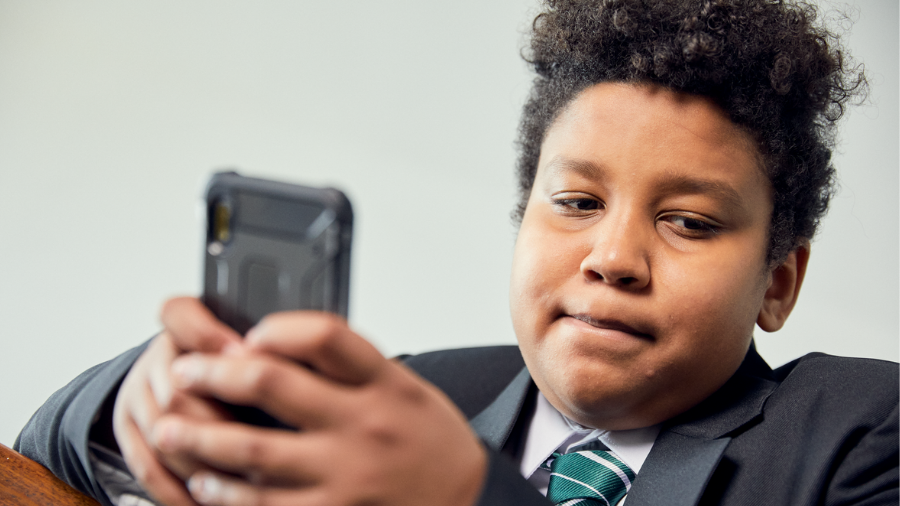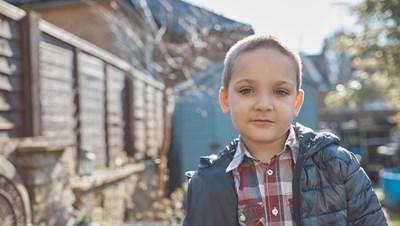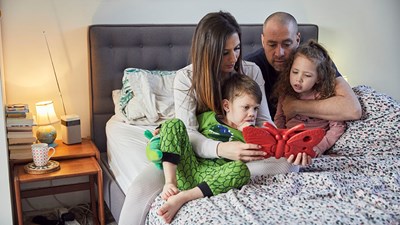Start talking to your child about connecting with others online as soon as you give them access to an internet-connected device.
Talking to your child about sexual abuse isn’t a conversation any parent wants to have - but we know that having them regularly can help keep them safer.
Our PANTS resources have been designed to help parents talk to their children about this topic. Use these resources to help talk to your children about sexual abuse, online or offline.
For older children, we understand that having these conversations can be more challenging. You should try asking them open questions about what they’re doing online to help start a conversation:
- Can you tell me about that app you’ve been using?
- What do you think about video sharing apps?
- Are you part of any group chats or online forums?
Look out for opportunities in everyday life to speak to your child about relationships and online abuse. For example a storyline in a TV show or news story.
Remember the purpose of these conversations is to help build trust so they know they can come to you if something happens. This can take a while, so don’t be disheartened if your child doesn’t respond straight away.
The Children’s Commissioner recently released some guidance for parents about how to talk to young people about sexual harassment and abuse online.
You can also read our advice for parents and carers on Talking about difficult topics.





